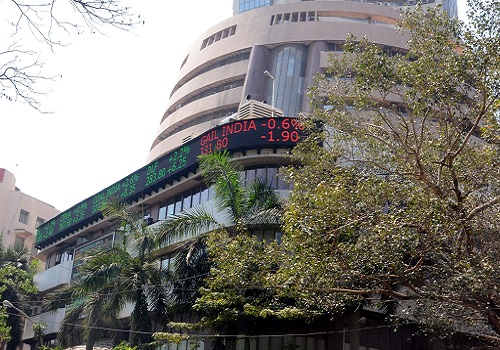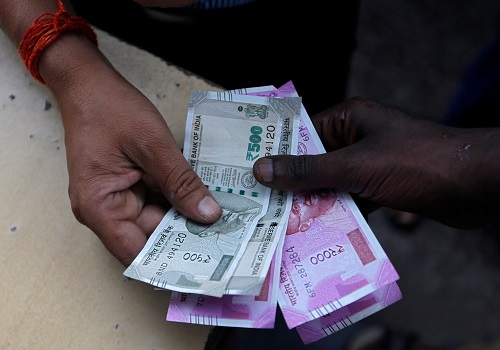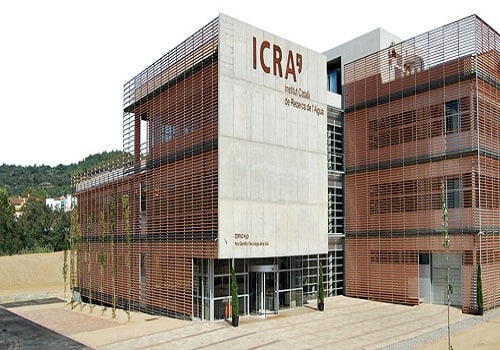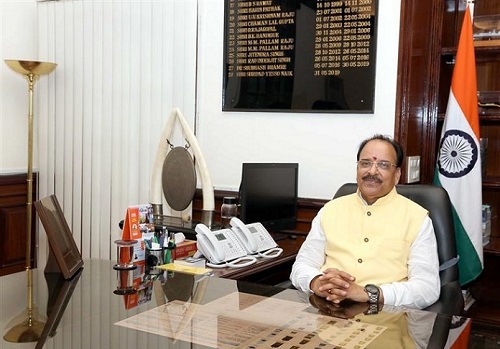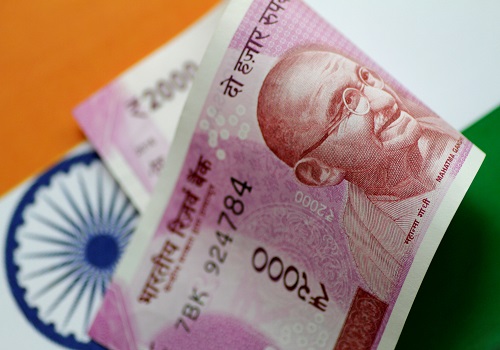Record trade deficit adds to India's external balance challenges, rupee woes
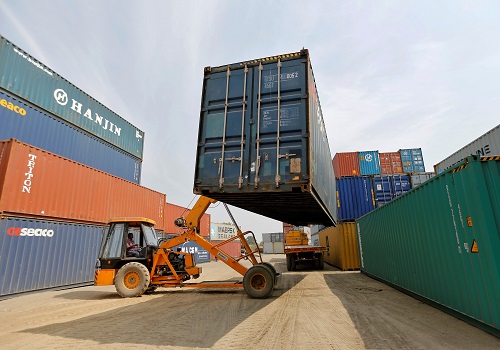
Follow us Now on Telegram ! Get daily 10 - 12 important updates on Business, Finance and Investment. Join our Telegram Channel
India's record high trade deficit in July signals a further deterioration in the country's external balances, which is likely to keep the rupee under pressure, analysts said on Wednesday.
Trade deficit in Asia's third largest economy widened to an all-time high of $31 billion, data on Tuesday showed, prompting concerns about the country's ability to fund its current account deficit and hurting the outlook for the rupee.
"I think after looking at the July trade deficit, we need to re-work on our CAD and BoP number, and thus the view on the rupee", Vikas Bajaj, head of currency derivatives at Kotak Securities, said.
Bajaj pointed out that until now the market consensus for India's current account deficit (CAD) was around $100 billion for the current fiscal year ending in March.
"But this definitely looks out of whack after July's trade number," he said.
In a note on Wednesday, QuantEco Research revised their CAD projections higher for the current fiscal year to $130 billion from $105 billion and the balance of payments (BoP) estimate to $60 billion from $35 billion.
The partially convertible rupee was trading at 79.02 per U.S. dollar in afternoon trade, 0.4% weaker on the day. On Tuesday, the unit had touched 78.49, its highest level since June 28. The local currency hit a record low of 80.0650 on July 19.
Vivek Kumar, a economist at QuantEco, said the recent recovery in the rupee from 80 will prove to be temporary and expects the local unit to fall to 81 to the dollar in the current fiscal year.
Bajaj said the recovery on the rupee was "broadly done" and that the currency "should once again see slow and steady move towards 80+ levels".
(This story corrects to say 'balance of payments,' not 'balance of projections' in paragraph 6)












 320-x-100_uti_gold.jpg" alt="Advertisement">
320-x-100_uti_gold.jpg" alt="Advertisement">


